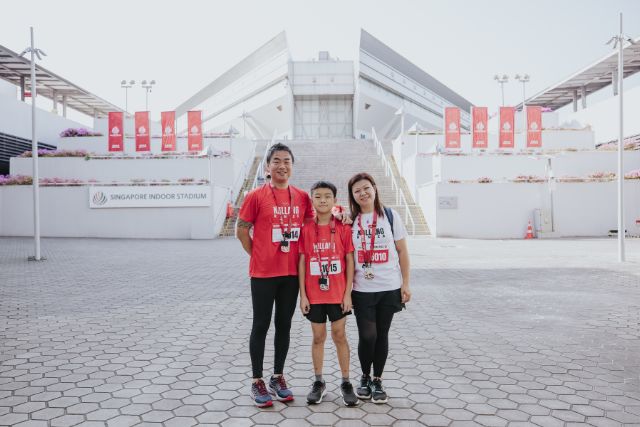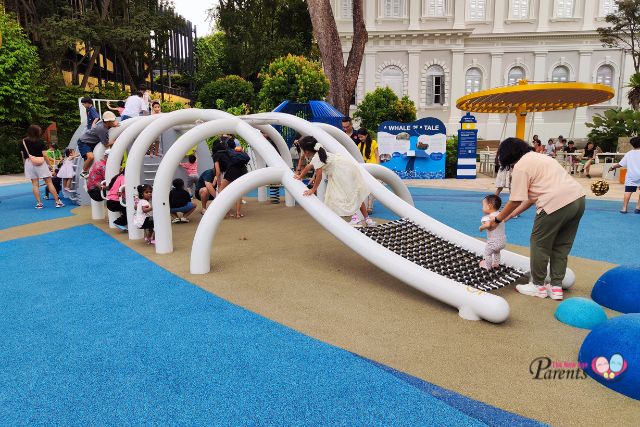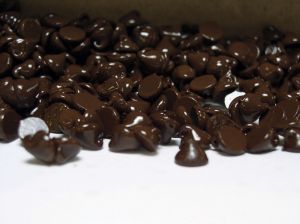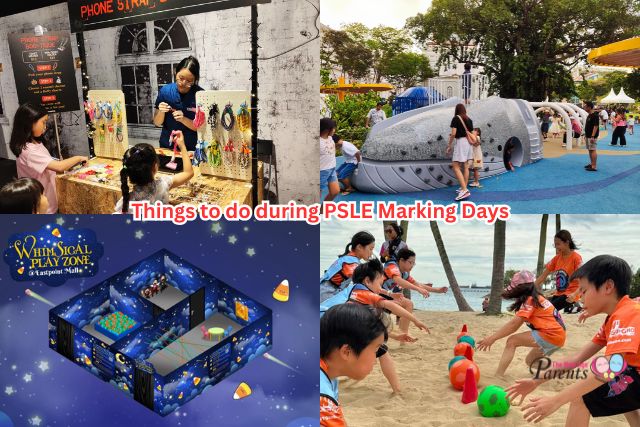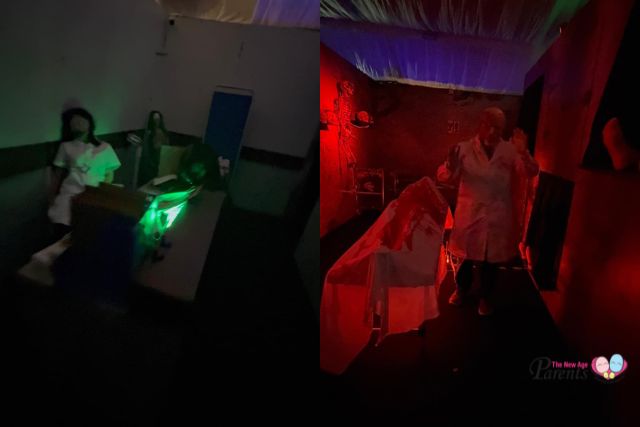What do you need to know about helping your child learn Science? TNAP asks Wei Yi Lim, Founder of Study Room to find out more.

- Not Just Rote-Learning
It’s no longer about rote-learning. It’s a slow process, but the Ministry of Education is moving away from that. 40% of marks are allocated to knowledge and understanding, but 60% of the marks tests application and process skills. This means that memorising facts and reading guide books are no longer going to guarantee a good grade.
- Be a *Kaypoh
The key to doing well is really about the process skills such as inquisitiveness, generating possibilities, communication, analysing, evaluating and inferring. With these skills, the factual knowledge and understanding comes easily.
To develop these skills, parents can:
Ask questions instead of feeding answers
For example, if a child asks why do water droplets appear on the exterior of cold drink cans, instead of giving the answer straight up, prompt the child with questions to think and guess. Don’t dismiss the wrong answer straight away but encourage them to think about the reasons for their answer and whether it is logical. Give credit to any whacky ideas they might have and have fun with them; this encourages them to use their imagination.
Encourage independent learning
Point them in the direction of certain activities, for example, trips to the science centre, but then let them take the time to explore and wonder.
Involve your child in projects
These could be fun science projects, or it could be cooking or baking projects. Either way it encourages active learning.
*Kaypoh: A Hokkien term used to describe someone who is nosey or a busybody

- Master Open-ended Questions
Open-ended questions can be frustrating but with a bit of effort, it’s possible to ace. There are three main components to doing well in these. First is the knowledge and understanding of the concepts. Second, the process skills (analyse, interpret etc.,) And answering technique. Answering technique involves understanding what the examiner is trying to ask, and what the student needs to demonstrate in his answer. The answer also has to be clear, concise, complete, and accurate.
- Master English
English is really important in Science. The student has to read and interpret lengthy questions. Open-ended questions require answers in full, grammatically correct, and concise sentences. Marks are also not given to spelling mistakes.
- Memory Work (during the initial stage)
While many of the concepts learnt are easily applicable to daily experiences, and do not require delving too deep into the topic, some facts that they learn cannot be explained until much later and thus require memory work. For example, students learn that evaporation depends on humidity, temperature, wind and exposed surface area. These facts need to be memorised now – but later on when they learn about molecules, it’s easy to visualise and the factors are easily extrapolated.
By Wei Yi Lim.
Wei was a correspondent whose work has been published on the Washington Post, the International Herald Tribune, the Wall Street Journal, Bloomberg News and others. He had worked in Taipei, Hong Kong and China and covered the presidential elections in Taipei and Singapore. Wei wants to help students in Singapore achieve bigger things in life with the power of languages.
This was first published in Parenting with Love: Preparing your child for Primary School.
* * * * *
Stay in touch! Subscribe to our Telegram for our latest updates.
Like what you read and want more? Receive our latest articles and giveaways when you sign up on our mailing list here.


















